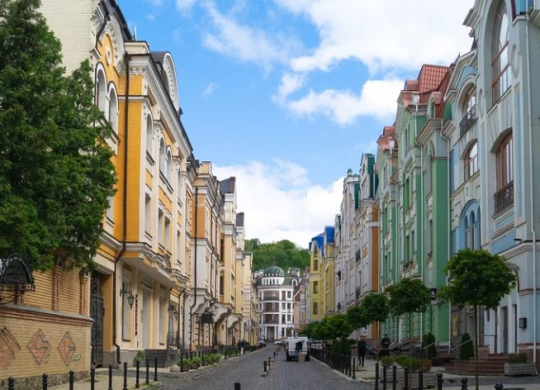How to come to Liechtenstein and get health insurance and medical care

Liechtenstein has a rich history of public health care in the country. Beginning in 1874, the country's first public health law laid down the duties of the national physician and the national veterinarian. In addition, the constitution specifically lists the fight against alcoholism and the care of the sick as import duties. In addition, several laws require the provision of health care in schools.
Liechtenstein has only one hospital, the Liechtensteinisches Landesspital or Liechtenstein National Hospital, in Vaduz, the capital city. It is run by the government with private doctors and medical staff. According to a government survey, despite the lack of sufficient medical facilities, the level of health care in the country is high and the public health system is well developed.
How do I come to the country and get health insurance and medical care?
If you are planning to move to Liechtenstein, whether to take a course of treatment abroad, check the Liechtenstein Residency Guide for more information on visa and residency requirements. You need to obtain a residency permit to live in Liechtenstein, and you need to get health insurance. You can also purchase additional insurance to cover additional expenses, such as dental care or health care from a provider who is not under contract with the Public Health Authority.
By becoming a resident, you may also be eligible for the European Health Insurance Card Liechtenstein (EHIC) for travel. After you register, your insurance company will issue you a health insurance card (Versicherungskarte). Show it when you go to the doctor. It is advisable to use only trusted insurance companies. If you need expert help, talk to the experts on our website, who will competently select a safe and suitable insurance plan.
What are the conditions?
Citizens of EU member states or visa-free countries, as well as foreign tourists with short-term visas, can stay in the country for up to 90 days. However, if long-term treatment for more than 90 days is planned, you must apply in advance for a residence permit. To do so, the following requirements must be met:
• pay the application fee;
• receive an offer of treatment from a medical facility;
• pay for the treatment;
• have a confirmation from the hospital that the treatment will not lead to a deterioration in medical care.
Medical tourists must also add the following certificates to the above documents:
• local medical certificate;
• medical certificate from a hospital or doctor in Norway, confirming the date of your admission as well as your medical condition;
• receipt of payment for medical services.
Before applying, be sure to check with the embassy for all necessary information, as well as consult with experts on the peculiarities of treatment abroad.
Prices
Liechtenstein has an excellent state-funded healthcare system. Patients must pay a basic fee for health insurance and a percentage of the cost of treatment. If you have a European Health Insurance Card (EHIC), you have to pay an average of CHF 67.00 for one month of health insurance. This is the standard fee you have to pay even if you visit Liechtenstein for less than a month.
People of retirement age pay half the fee, and those under 20 pay nothing. To make full use of your EHIC, the doctor (Artzt) you go to must work under the public health scheme. Your consultation will be covered by your health insurance. If you go to see a doctor who does not work under the public health scheme, you will have to pay the full cost. There is no public dental care in Liechtenstein, which means that you will have to pay the full cost of any private treatment you receive. Emergency treatment is possible.
Recommended articles
3 min
Treatment
3 min
Residence permit
Moving to Liechtenstein 2025: how can a foreigner obtain a residence permit and citizenship?
Liechtenstein is one of the richest countries in Europe, where thousands of expats dream of moving. However, it is quite difficult to do this, because in the country there is a quota for issuing a residence permit. Find out what methods of moving to Liechtenstein are available to foreigners and how to get a residence permit in the country in 2025
01 lis. 2025
More details3 min
Work
4 min
Treatment
All materials and articles are owned by VisitWorld.Today and are protected by international intellectual property regulations. When using materials, approval from VisitWorld.Today is required.